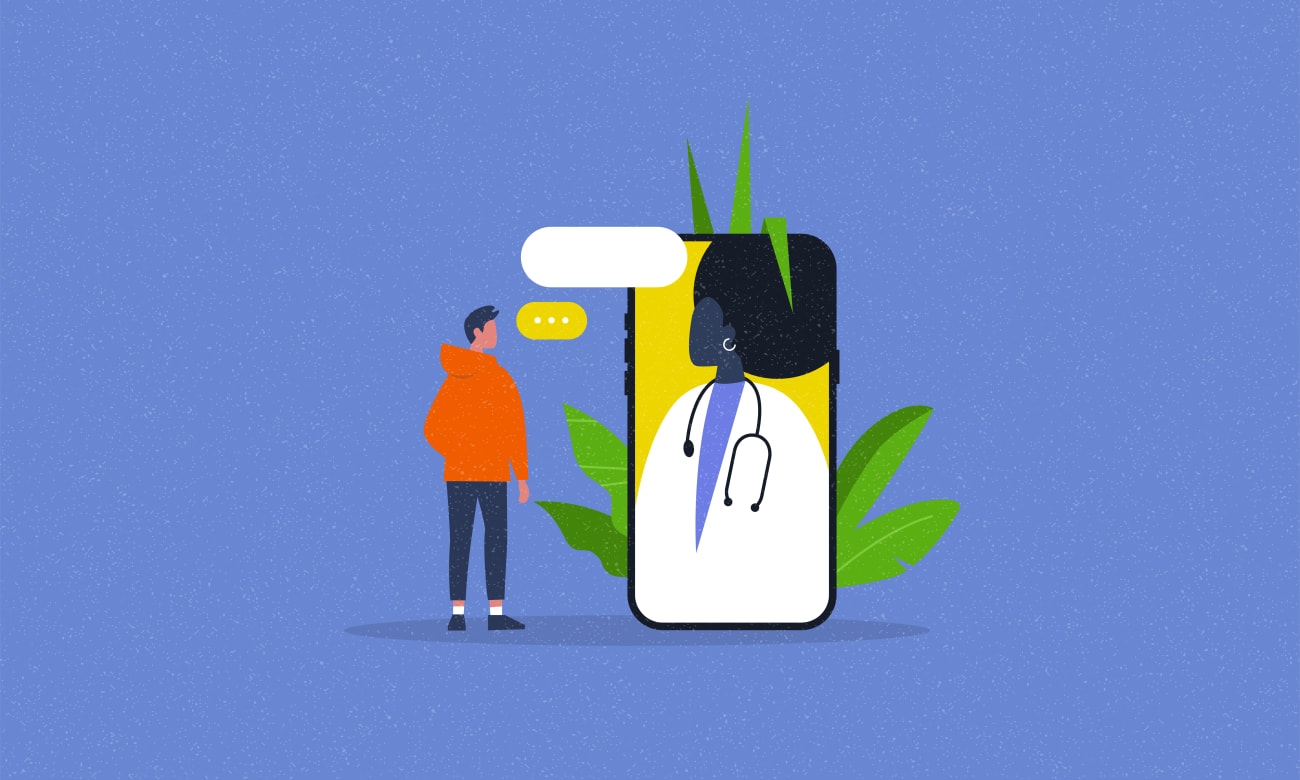A new telemedicine program at Johns Hopkins Bayview Medical Center is making life easier for patients with serious, persistent mental health issues, their families and their clinicians.
“The use of telemedicine has facilitated psychiatric visits for patients who had previously gone months before they could coordinate a way to come to the clinic,” says Hal Kronsberg, psychiatrist for the Johns Hopkins Child Mobile Treatment Program. “The ability to see my patients more often is always a good thing.”
The Child Mobile Treatment Program serves about 90 patients, ages 4 to 24, at a time. They have conditions such as schizophrenia or bipolar disorder, and did not have success with outpatient or school-based treatments. To be eligible for the Child Mobile Treatment Program, children must be at risk for multiple hospitalizations or out-of-home placement, and a special authorization is required.
“It supports the kids, but also the families,” says Kronsberg. “Some kids may go in and out of foster care or experience homelessness, and we continue to see them despite these disruptions.”
Here’s how it works: Kronsberg and the patient set the appointment time. When therapists visit patients in the community, they bring a tablet with the Polycom app, which provides a secure connection. Polycom accesses the cameras on the devices being used so Kronsberg and the patients can see each other.
Anthony Artista, project lead for Johns Hopkins Telemedicine, says Kronsberg asked him in mid-2018 to create a telemedicine program. He chose a tablet-based solution because it is “simple and effective,” he says.
Before the program launched in October 2018, patients had three ways to connect with Kronsberg: They could travel to the Johns Hopkins Bayview offices on their own, a therapist could pick them up and drive them there and back, or Kronsberg could travel to the patient — an option that limits the number of patients he can see.
Telemedicine adds a fourth way to reach patients, says Tawny Epperson, clinical supervisor for child mobile treatment services. Epperson says the office now uses telemedicine about once a week, and patients who try it typically want to stick with it. “Children and teenagers are very comfortable talking through the iPad,” she says.
Read the full article: Telemedicine Connects Young Patients with Psychiatric Care.

